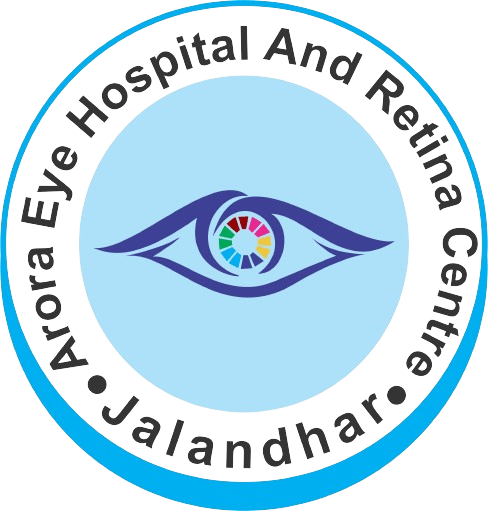
Doctors’ Day, observed globally on July 1st, is a tribute to the tireless dedication and invaluable contributions of physicians who work relentlessly to save lives. This celebration is not just a token of gratitude but a recognition of their pivotal role in society, particularly during crises.
Throughout history, doctors have risen to the occasion during the world’s most challenging times. The COVID-19 pandemic is a recent example where doctors, along with other healthcare workers, stood at the frontline, risking their lives to combat an unknown and deadly virus. Their relentless efforts in treating patients, researching treatments, and providing public health guidance were instrumental in managing the crisis and saving countless lives.
Another historical instance is the eradication of smallpox. In the mid-20th century, doctors played a crucial role in the global vaccination campaign led by the World Health Organization (WHO). Their persistent efforts led to the complete eradication of the disease by 1980, showcasing the power of medical intervention in global health.
Additionally, during natural disasters such as earthquakes, tsunamis, and hurricanes, doctors have consistently provided emergency care, preventing the spread of diseases and reducing mortality rates. Their quick response and expertise have been critical in alleviating human suffering and restoring health in affected communities.
Doctors’ Day is a reminder to honor these medical professionals who, through their skill, compassion, and dedication, continually prove their worth, making the world a healthier place for all.

